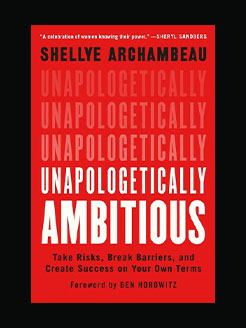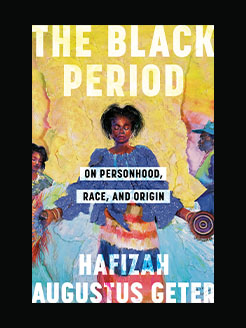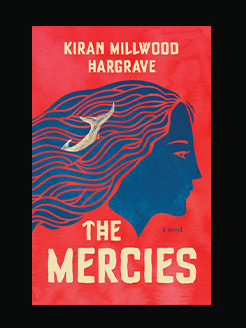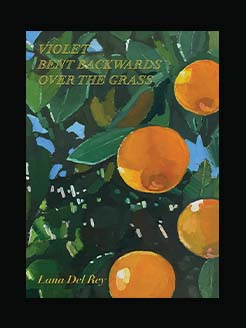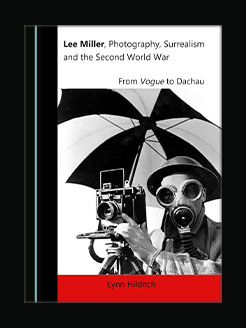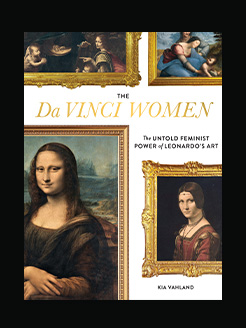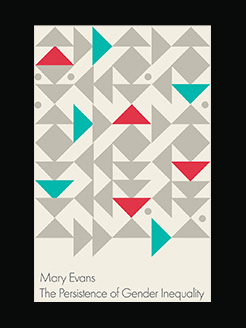Published in 2011
480 pages
Helen Castor is a historian of medieval England and a Fellow of Sidney Sussex College, Cambridge. She directed studies in History at Sidney for eight years before deciding to concentrate on writing history for a wider readership. Her book Blood & Roses is a biography of the fifteenth-century Paston family, whose letters are the earliest great collection of private correspondence surviving in the English language. Blood & Roses was longlisted for the Samuel Johnson Prize for Non-Fiction in 2005, and was awarded the Beatrice White Prize (for outstandingly scholarly work in the field of English Literature before 1590) by the English Association in 2006. She lives in London with her husband and son.
What is this book about?
When Edward VI – Henry VIII’s longed-for son – died in 1553, extraordinarily, there was no one left to claim the title King of England. For the first time, all the contenders for the crown were female.
In 1553, England was about to experience the ‘monstrous regiment’ – the unnatural rule – of a woman. But female rule in England also had a past. Four hundred years before Edward’s death, Matilda, daughter of Henry I and granddaughter of William the Conquerer, came tantalisingly close to securing her hold on the power of the crown. And between the 12th and the 15th centuries three more exceptional women – Eleanor of Aquitaine, Isabella of France, and Margaret of Anjou – discovered, as queens consort and dowager, how much was possible if the presumptions of male rule were not confronted so explicitly.
The stories of these women – told here in all their vivid humanity – illustrate the paradox which the female heirs to the Tudor throne had no choice but to negotiate. Man was the head of woman; and the king was the head of all. How, then, could a woman be king, how could royal power lie in female hands?

